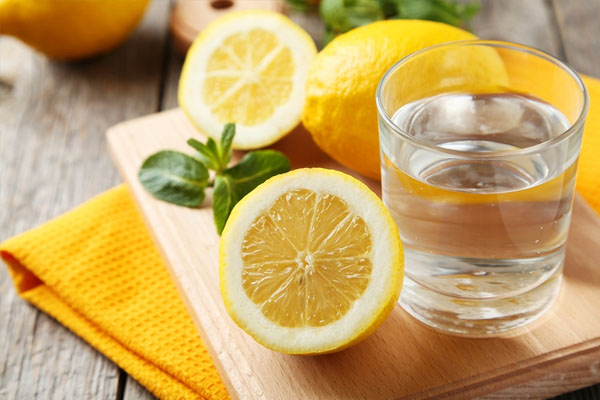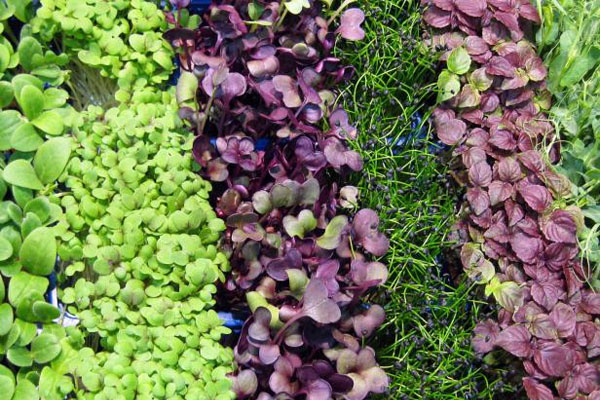- Green vegetable juices and green vegetable smoothies
- Leafy green vegetables and herbs like kale, spinach, watercress, lettuce, cilantro, parsley, basil, etc.
- Adaptogen herbs
- Cereal grasses – barley, wheatgrass
- Micro-algae or seaweeds – dulse, arame, kelp, kombu
- Blue-green algae such as spirulina and chlorella
- Medicinal mushrooms
- Certain fruits – lemons, limes, berries, grapes, melons, pears, papaya, nectarines, avocado
- Sprouts and micro-greens – broccoli, sunflower, alfalfa, clover, etc.
- Certain fermented foods
- Wild edible greens and edible flowers – dandelion, Gotu kola, sorrel, violets, nasturtium, borage blossoms, Begonia, rose, etc.
- Aloe Vera
- Bee pollen
- Noni
Some Quick Alkalizing Methods

- Fresh lemon juice in ½ glass of water
- Baking soda ½ – 1 teaspoon in a glass of water
- Chlorophyll
- Vitamin C
- Digestive enzymes with food
This information is for educational purposes only and is not a substitute for medical advice, diagnosis, or treatment. For more information pertaining to your personal needs, please see a qualified health practitioner.
All rights reserved Dr. Malik Cotter, www.malikcotter.com, Copyright © 2019

